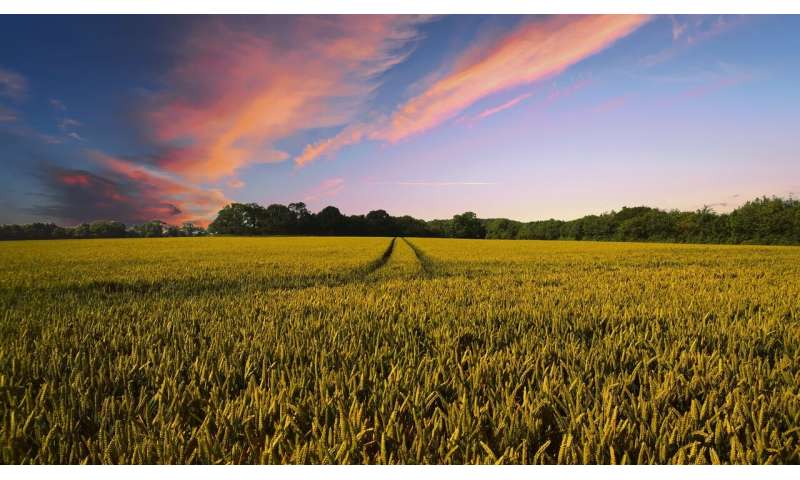Advancing regenerative agriculture: New digital tools for soil health monitoring unveiled

Technology plays a pivotal role across industries today, and agriculture is no exception. In the realm of regenerative agriculture—an approach focused on conserving and restoring soil health and biodiversity—technology is key in enhancing data collection, monitoring, and supporting informed decision-making.
TUdi is a collaborative project between the European Union and China. The project's goal is to develop and promote soil-restoration strategies across three major agricultural systems in Europe, China, and New Zealand. One of the key initiatives in achieving this is the development of Decision Support Tools (DSTs), which are now officially available online!
The DSTs are designed to help farmers monitor and assess soil health at the field level. By inputting data and uploading georeferenced photos, farmers can track changes in soil conditions over time. Six DSTs have been developed, covering the topics of soil erosion, fertilization, soil compaction, soil carbon, soil biology, and soil structure.
In addition, a Socio-Economic Toolkit to Support Soil Restoration (SEST) has been created to assist farmers in making informed decisions. SEST offers detailed economic analysis, enabling farmers to assess the financial impact of soil restoration strategies and advanced fertilization practices, thus supporting more strategic decision-making.
All DSTs are integrated into the TUdi app, which can be downloaded on smartphones and accessed through the web platform. Meanwhile, the SEST tool is integrated into a separate application, "TUdiSEST," accessible on computers via its own platform.
Demonstration videos for all DSTs and the SEST tool can be found both on TUdi's project website, and its YouTube channel, with more general information available on the website. The videos are currently available in English, but more translations are underway.
Provided by Pensoft Publishers